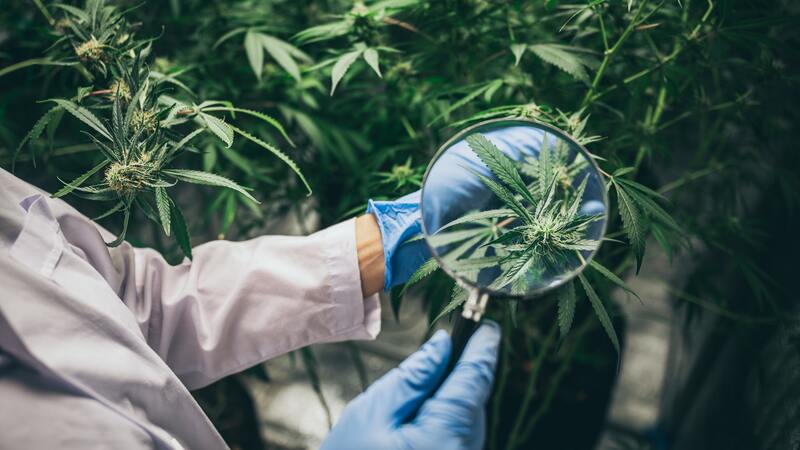Delta-8 distillate has emerged as an important component in the realm of cannabinoids, with unique qualities and possible benefits that distinguish it from other cannabis derivatives. This article dives into the fundamentals of Delta 8 distillate, including its qualities, prospective applications, and why it is gaining appeal with enthusiasts and consumers.
Key Differences Between Delta 8 THC and Delta 9 THC
Delta 8 distillate is a highly refined version of Delta 8 THC (tetrahydrocannabinol), a cannabinoid present in cannabis plants. Unlike its more well-known sibling, delta-9 THC, delta-8 THC exists in lesser concentrations and has distinct effects on the body and mind. The distillate is a concentrated version of Delta-8 THC obtained through a sophisticated extraction and purification process that separates the cannabinoid from other chemicals in the plant.
Delta-8 is created in many phases. Initially, the raw cannabis material is extracted to produce a crude oil rich in cannabinoids and terpenes. This crude oil is then further processed through distillation to separate delta-8 THC, yielding a clear, amber-colored liquid.
The Advantages and Applications
Delta-8 is gaining popularity for its unique properties and possible applications. While research on delta-8 THC is still in its early stages when compared to delta-9 THC and CBD, preliminary studies and anecdotal evidence point to numerous significant benefits.
One of the most appealing aspects of delta-8 is its purportedly lesser psychoactive effects. Users frequently describe the sensation as less powerful than Delta-9 THC, with a more tolerable sense of pleasure and relaxation. This feature makes distillate an appealing option for people who are sensitive to the more potent effects of conventional THC or prefer a more balanced experience.
Furthermore, delta-8 may have therapeutic benefits. Some users have stated that it reduces stress, improves sleep, and increases hunger. These effects are still being investigated, and while they may provide some alleviation for certain diseases, users should use Delta 8 with caution and speak with healthcare specialists if they have any specific health concerns. Delta-8 can be utilized in a variety of applications. It is widely found in edibles, tinctures, and vaping products. Its adaptability allows users to customize their experience based on their preferences, such as whether they like to eat it orally or inhale.
The Legal Framework
The legality of Delta 8 distillate varies according to regional rules and the product’s source. Delta-8 THC has an uncertain legal position in the United States. While the 2018 Farm Bill legalized hemp-derived cannabinoids, including delta-8 THC, some states have imposed their laws and prohibitions. Before acquiring or consuming Delta 8, consumers must first understand the legal status of the product in their local areas. As laws and regulations evolve, keeping up-to-date on local legislation can help ensure that individuals are compliant and make informed decisions about marijuana consumption.

